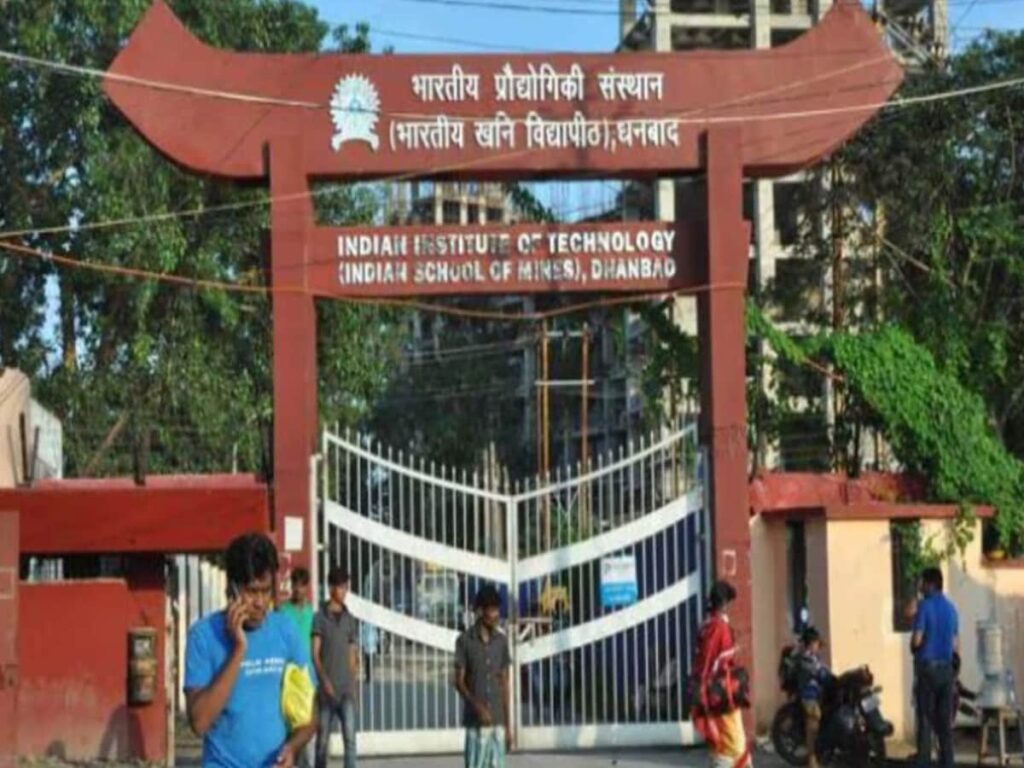Following a recent order from the Supreme Court of India, a promising student named Atul Kumar from Khatauli is now set to secure admission to the prestigious Indian Institute of Technology (IIT) Dhanbad. This development highlights the ongoing significance of judicial interventions in educational matters, especially concerning student rights and access to higher education.
Background of the Case
Atul Kumar was initially denied admission to IIT Dhanbad due to eligibility criteria changes that he was unable to meet. This situation prompted him to seek legal recourse, arguing that the decision adversely affected his future prospects. The Supreme Court’s intervention marks a crucial step toward ensuring that students have fair access to educational opportunities.
Importance of Judicial Support in Education
The role of the judiciary in education is critical, as it stands as a guardian of students’ rights. The Supreme Court of India often handles cases that raise important questions about accessibility, fairness, and inclusion in the education system. This latest ruling not only benefits Atul Kumar but also sets a precedent for other students facing similar circumstances.
Key Takeaways from the Ruling
- Emphasis on Fair Treatment: The ruling underscores the necessity of equitable treatment for all applicants.
- Advocacy for Students: It symbolizes the judiciary’s role as an advocate for student rights.
- Encouragement for Future Aspirants: This decision may motivate other students to pursue legal action if they feel aggrieved by educational policies.
Future Implications for IITs
This ruling has broader implications for Indian Institutes of Technology (IITs) and their admission processes. Educational institutions may need to revisit their policies to ensure compliance with the legal framework governing educational rights. Furthermore, it opens dialogues about transparency and equality in the admission processes, which could enhance the overall educational landscape in India.
Potential Policy Revisions
In light of this ruling, it is likely that IITs will consider the following changes:
| Policy Area | Suggested Revisions |
|---|---|
| Eligibility Criteria | Review and possibly relax stringent criteria that may inadvertently disadvantage deserving candidates. |
| Admission Process Transparency | Implement clearer communication regarding admission guidelines and appeals processes for students. |
| Student Grievance Redressal | Establish more robust mechanisms for addressing student grievances efficiently. |
Conclusion
The Supreme Court’s decision to allow Atul Kumar admission to IIT Dhanbad not only represents a personal victory for him but also reinforces the importance of equitable access to education in India. As educational institutions evolve, it is imperative that they remain aligned with judicial principles that promote fairness and inclusivity. This case serves as a reminder of the potential impact of legal frameworks in shaping the educational experiences of countless students in the country.
